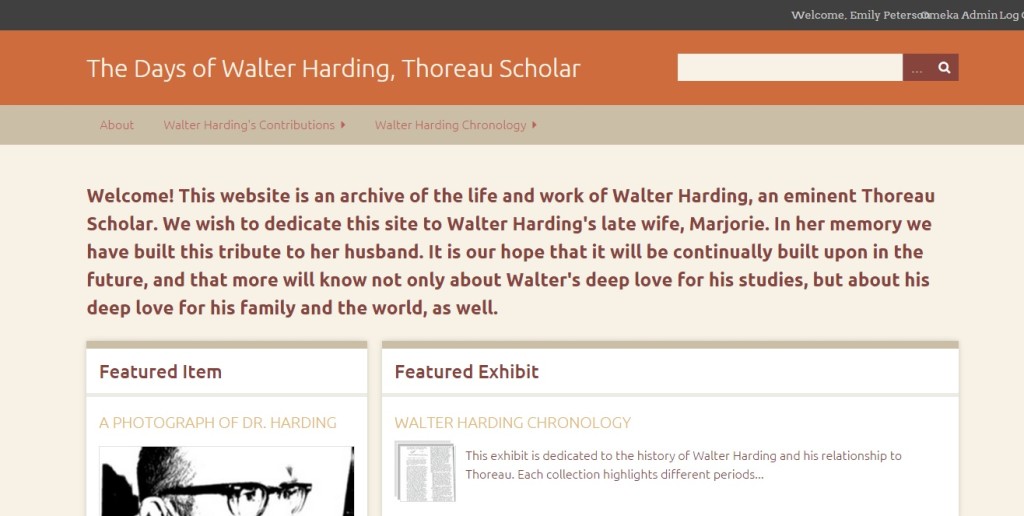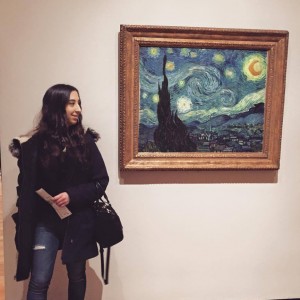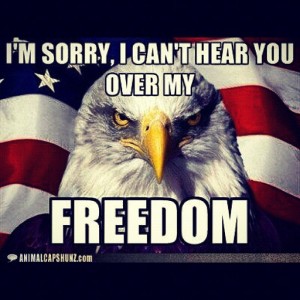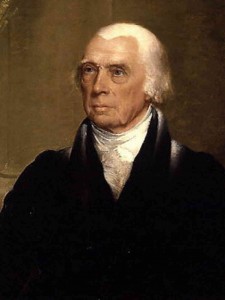Walter Harding was a professor of English at SUNY Geneseo for several decades and was appointed chair of the department in 1959. One of the most influential and decorated scholars to have spent time at Geneseo, Harding specialized in all things Thoreau.
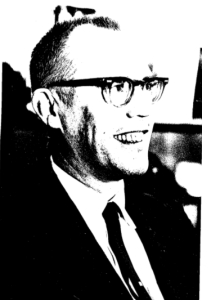
Milne library has created an extensive archive of both Harding’s writings on Thoreau, and documentation of the various honors and recognitions he received both during and after his time at Geneseo. Our group sought to carry on the project that previous semesters’ groups had begun of digitizing this archive and making it accessible to a larger audience.
We began the project by familiarizing ourselves with the physical archive and gaining a sense of who Dr. Harding was as both a scholar and a person. Each of us were immediately struck by Harding’s contagious enthusiasm for Henry David Thoreau, and impressed by the sheer amount of knowledge he had about the man. Then we were all floored by just how extensive his work with Thoreau was. We quickly discovered that Harding was a founding member of the Thoreau Society and served as its secretary for 50(!) years. Harding carried his enthusiasm for Thoreau across oceans during his time spent lecturing students about Thoreau in Japan. It was abundantly clear to us from the Walter Harding Archive that Walter Harding’s life work needed to be preserved.
That was when we began familiarizing ourselves with Omeka: the digital archive tool that we would use to help preserve this information. Essentially we gathered the physical documents we deemed fitting for the exhibit we wanted to create, which we titled “A Walter Harding Chronology,” and then scanned them. After being scanned, each item was uploaded to the website with its metadata being updated as well, including a title, source, description, contributor, publisher, date, language, etc.
Essentially we gathered the physical documents we deemed fitting for the exhibit we wanted to create, which we titled “A Walter Harding Chronology,” and then scanned them. After being scanned, each item was uploaded to the website with its metadata being updated as well, including a title, source, description, contributor, publisher, date, language, etc.
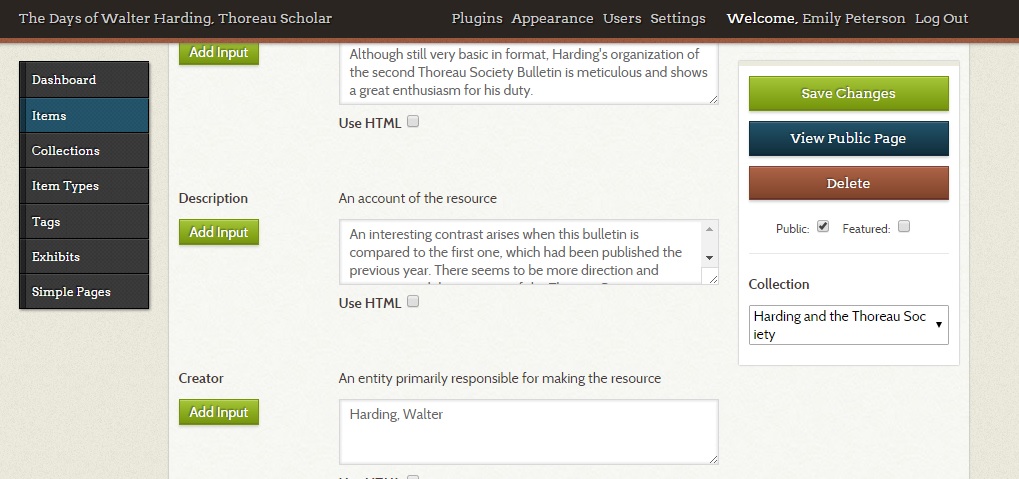
After finding, scanning, and uploading items to Omeka, we began the process of tooling around with the appearance of the site, and made a few organizational and aesthetic changes to the theme.
Here is an image of the landing page of the website:
And here is a link to visit the website yourself:
The students working on this project for the Spring 2015 semester were Julia Kinel, Kelly Langer, Casey Vincelette, Melanie Weissman, and Emily Peterson

